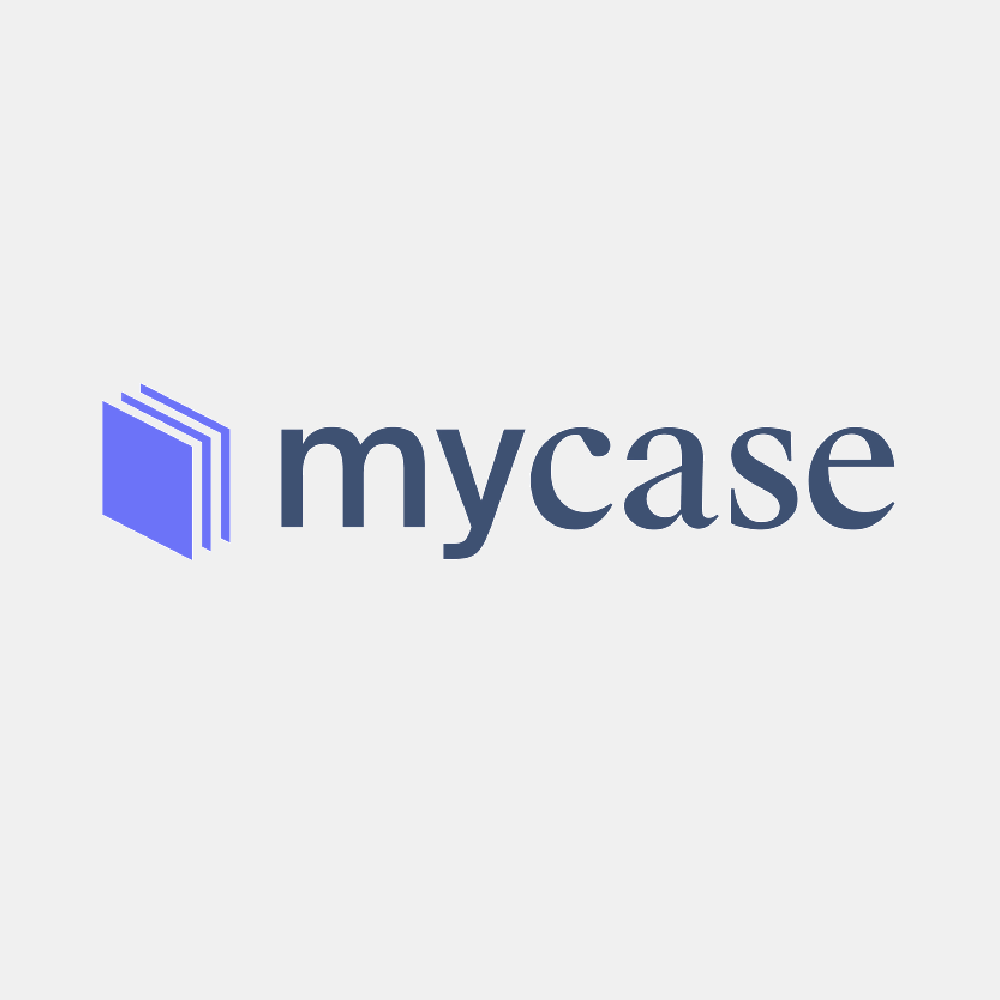Clio
Description
Clio is a leading provider of legal practice management software designed to streamline various aspects of law firm operations, client communication, and case handling. The platform offers a comprehensive suite of features tailored to meet the diverse needs of legal professionals, including:
Case Management: Clio's software enables law firms to organize and manage cases effectively by tracking case details, deadlines, documents, and communications in a centralized system.
Billing and Payments: The platform simplifies billing processes, allowing firms to create professional invoices that capture billable work details and offer clients various payment options such as debit, credit, and eCheck payments.
Client Intake: Clio facilitates a better onboarding experience through custom online intake forms, automated follow-up emails, and reminders to ensure timely responses from clients.
Document Management: Legal documents can be securely stored in the cloud, linked to the relevant matters, and easily accessed through advanced search capabilities. Users can also send documents for e-signature directly from the platform.
Calendaring: Clio helps users stay connected to every case, client meeting, and court date by automatically generating events based on court rules and ensuring timely filings to avoid malpractice claims.
In addition to these core features, Clio offers integrations with over 250 tools, practice area-specific resources, events, and industry reports to support legal professionals in managing their practices efficiently and effectively. The software emphasizes simplicity, security, reliability, and scalability to meet the evolving needs of law firms of all sizes and practice types.
Overall, Clio's legal practice management software is designed to simplify every aspect of running a law firm—from billing to communication and document management. By providing a comprehensive solution that addresses the needs of both law firms and clients, Clio helps legal professionals enhance operational efficiency, improve client service, and achieve growth and success in the legal industry.
Using software-based case management for your law firm offers a wide array of benefits that can significantly enhance operational efficiency, client communication, and overall business performance. Here are some key advantages of leveraging case management software in a legal setting:
Centralized Information: Software-based case management systems provide a centralized hub for storing all case-related information, documents, communications, and deadlines. This allows easy access to critical data, promotes organization, and reduces the risk of information silos within the firm.
Improved Productivity: Automation features in case management software streamline repetitive tasks, such as scheduling appointments, generating standard documents, and sending reminders. This automation frees up time for legal professionals to focus on higher-value tasks, thereby boosting overall productivity.
Enhanced Client Communication: Case management software often includes client portals, secure messaging functionalities, and automated updates on case progress. These features facilitate transparent communication with clients, leading to improved satisfaction, trust, and retention rates.
Efficient Task Management: Software-based case management tools enable efficient task assignment, tracking, and collaboration among team members. This promotes better coordination, ensures deadlines are met, and enhances overall workflow efficiency within the firm.
Billing Accuracy and Transparency: Many case management systems integrate billing and invoicing functionalities, making it easier to track billable hours, expenses, and generate accurate invoices for clients. This transparency builds trust and helps ensure fair compensation for services rendered.
Data Security and Compliance: Legal case management software typically includes robust security measures to protect sensitive client data and ensure compliance with industry regulations, such as GDPR or HIPAA. This safeguards confidentiality and mitigates the risk of data breaches.
Analytics and Reporting: Software-based case management systems often come equipped with reporting tools that offer valuable insights into case outcomes, staff performance, client trends, and financial metrics. These analytics help firms make data-driven decisions, identify areas for improvement, and track key performance indicators.
Scalability and Flexibility: Case management software can scale alongside the growth of the firm, accommodating an increasing caseload, expanding client base, and evolving business needs. This scalability ensures that the software remains a valuable asset as the firm develops and expands its practice areas.
Tag
Location
Contact Information
Contact Listings Owner Form
Review
Login to Write Your ReviewThere are no reviews yet.




